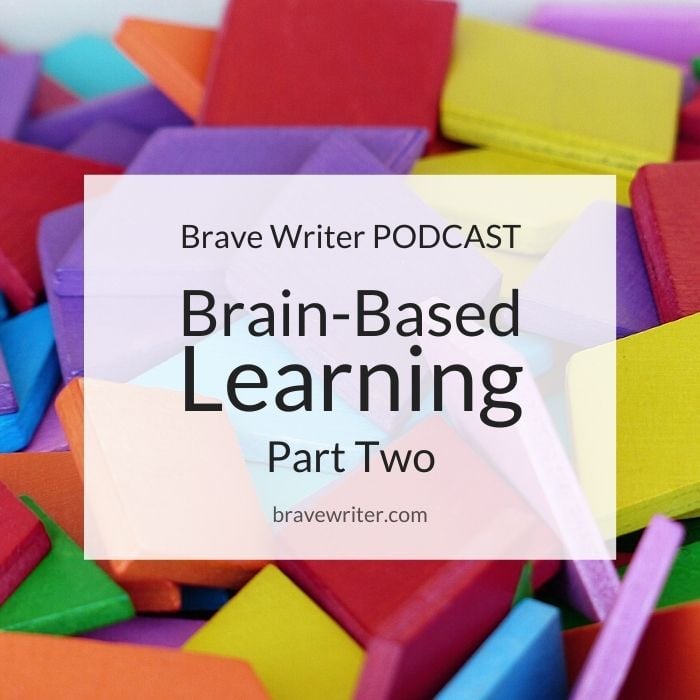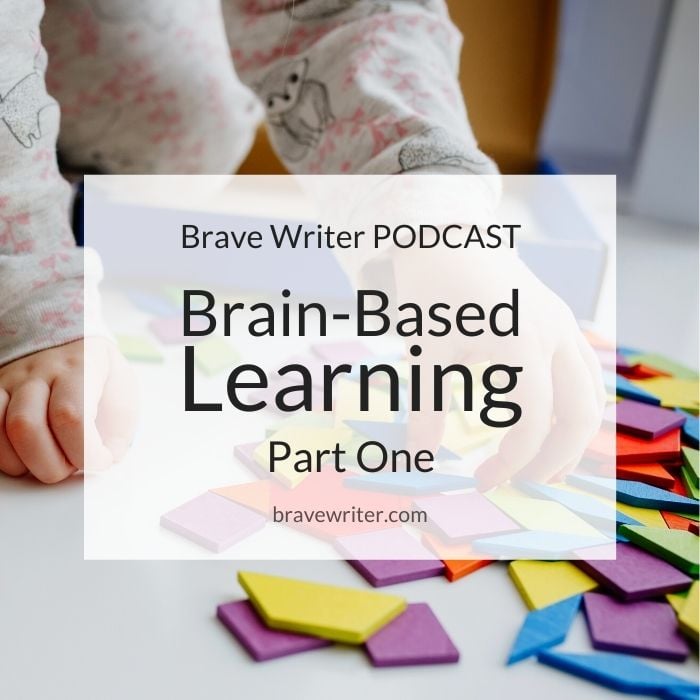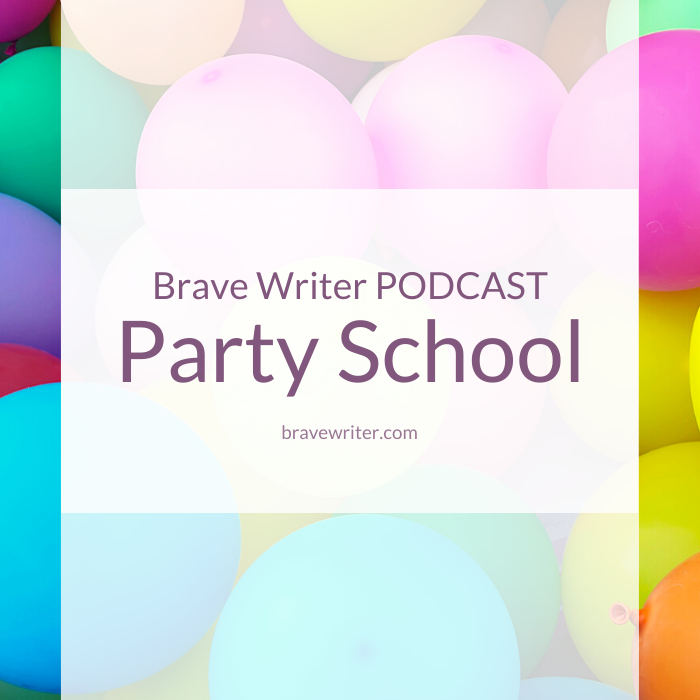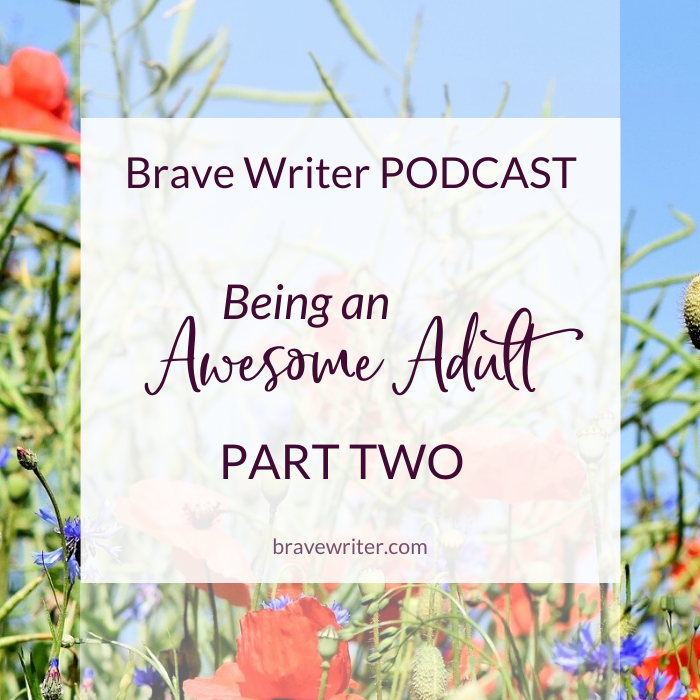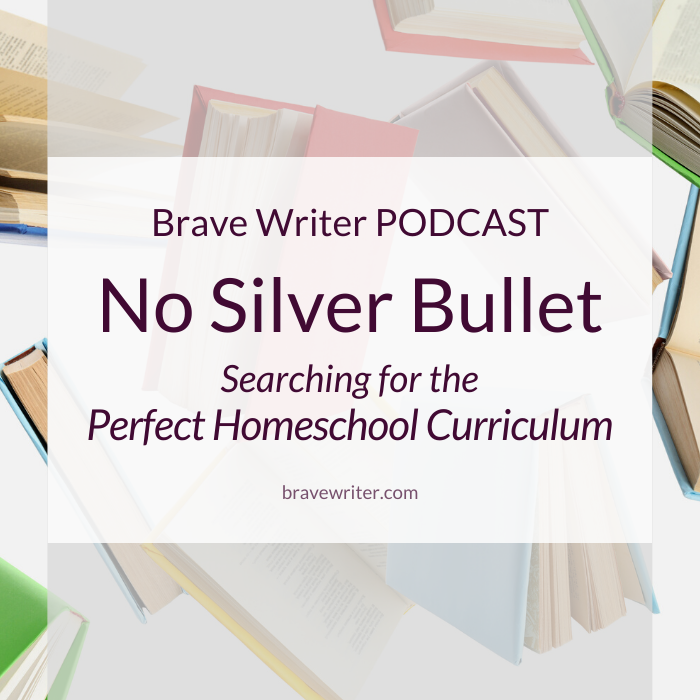
We’ve all done it—we’ve spent more time shopping for homeschool programs than teaching the actual contents of the ones we buy! In this episode of the podcast, I’ll help you dial back your expectations and learn how to make peaceful progress in homeschooling your kids.
People read blogs, listen to podcasts, and watch YouTube videos and build in their imagination a Utopian version of homeschool.
But here’s the thing: we all bring our own personalities, family dynamics, and information to the table, and then our children – our free radicals – react to it with their own point of view, personalities, and dynamics.
Really we shouldn’t be aiming for perfection – we should be aiming for progress. Just that sense that we are doing a little bit better with each bit of new information.
So if you ever find yourself wondering why your homeschool isn’t the Utopian version you saw on Instagram or in a podcast, understand that it’s because we all have our own dynamics, and even then every single day is a little bit different.
“Give yourself permission to be unconventional! After all, you are a homeschooler. You’re already an unconventional educator, you’re already an unconventional educator. Give yourself some room to try things, to explore, to experiment, to recruit other people’s opinions into your work – and don’t expect it all to work perfectly!”
Would you please post a review on Apple Podcasts for us?
Help a homeschooler like you find more joy in the journey. Thanks!


